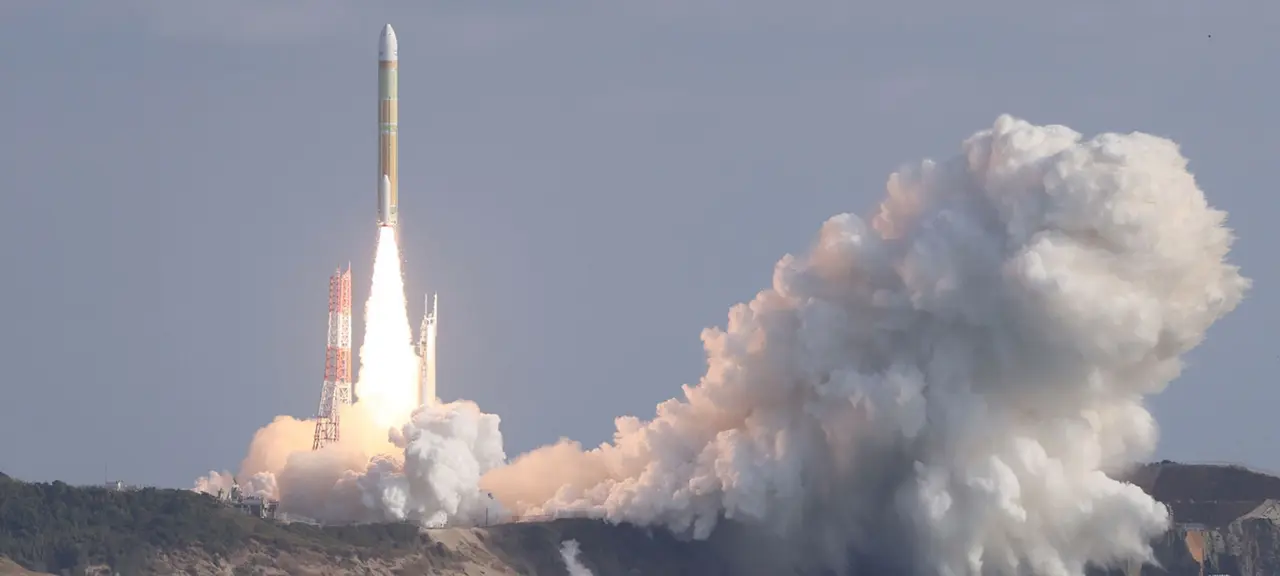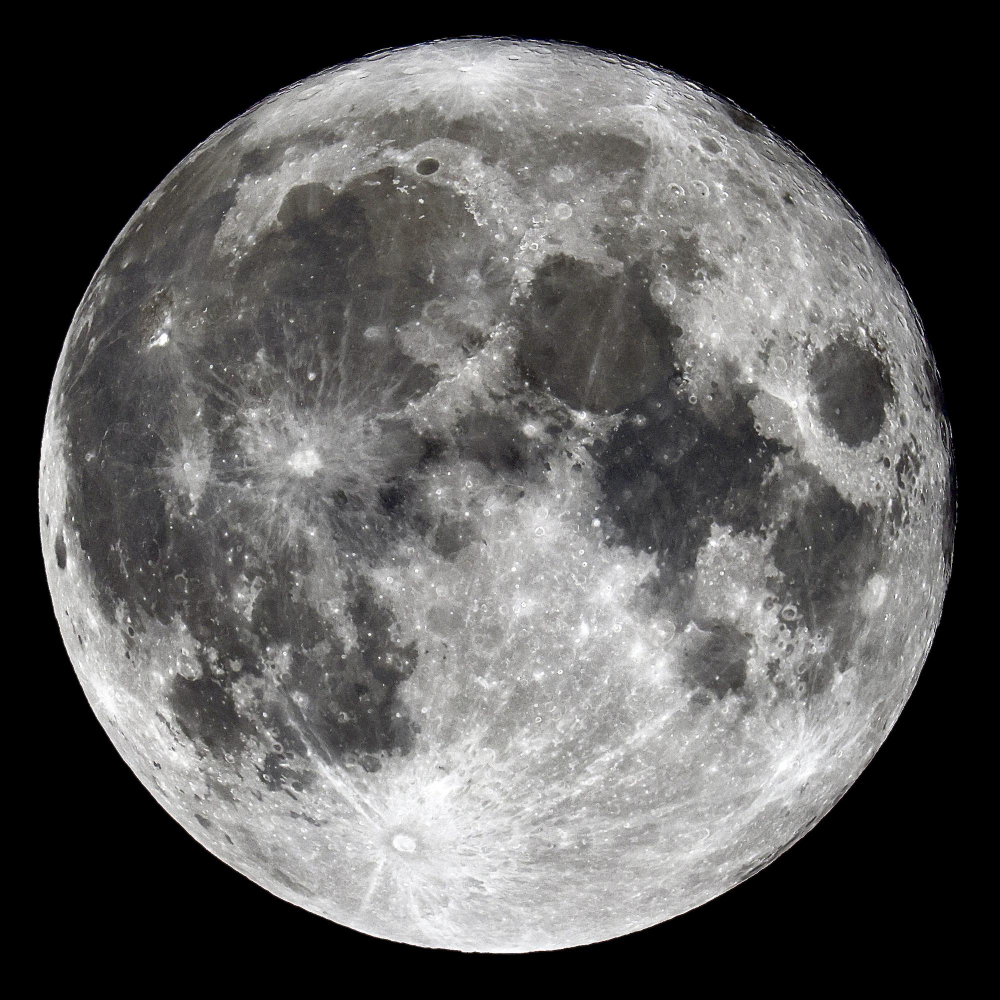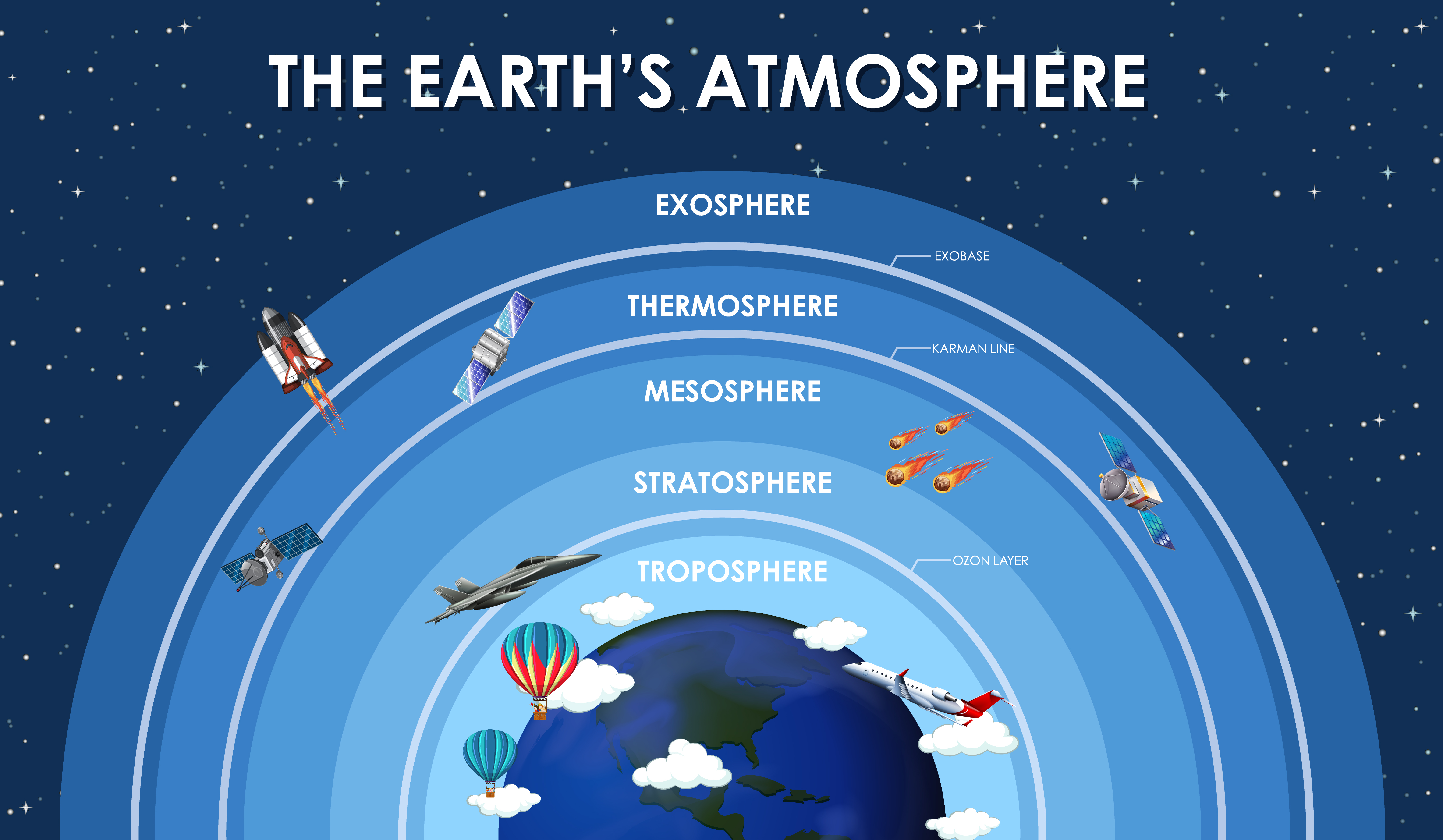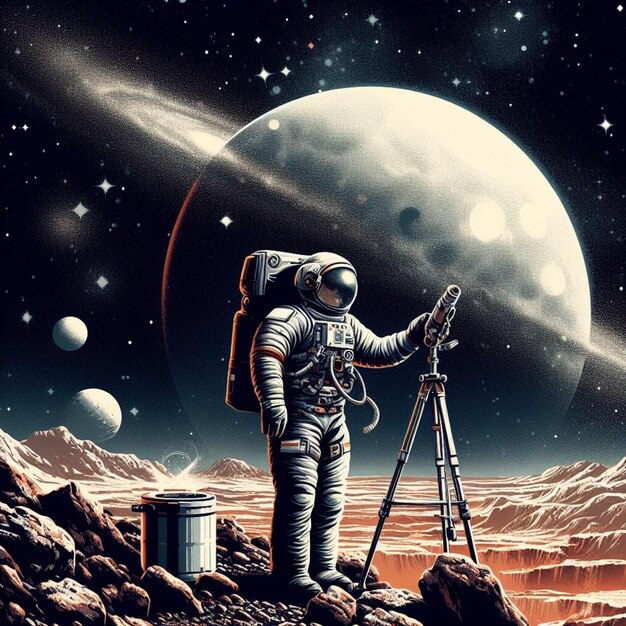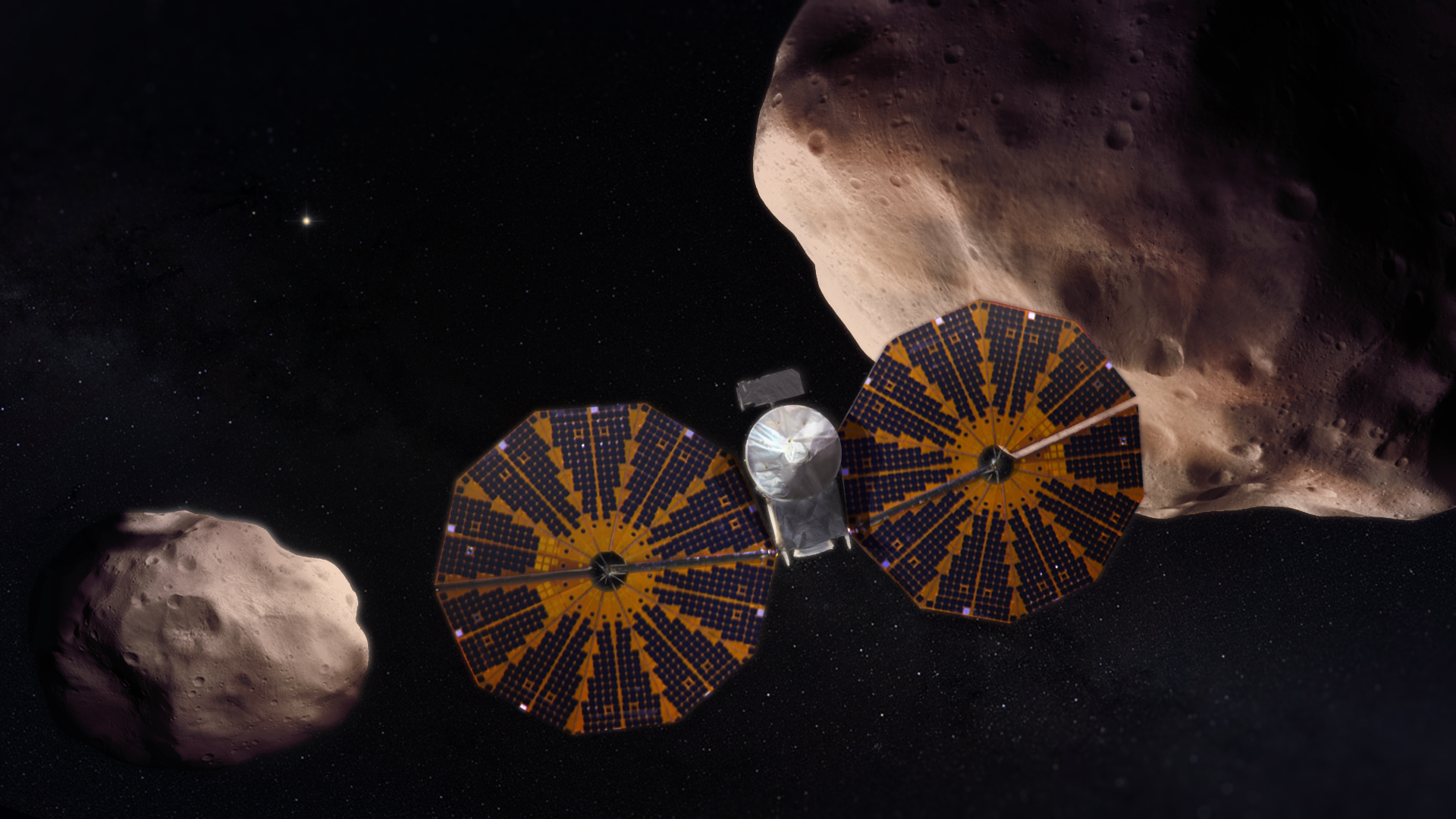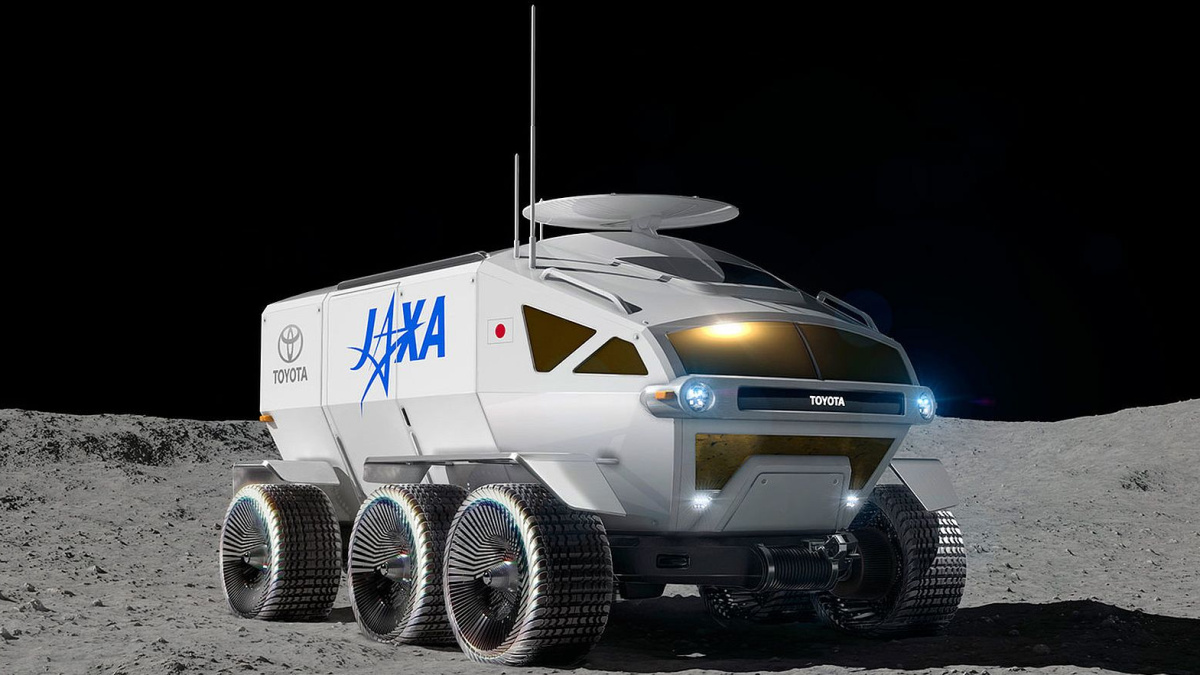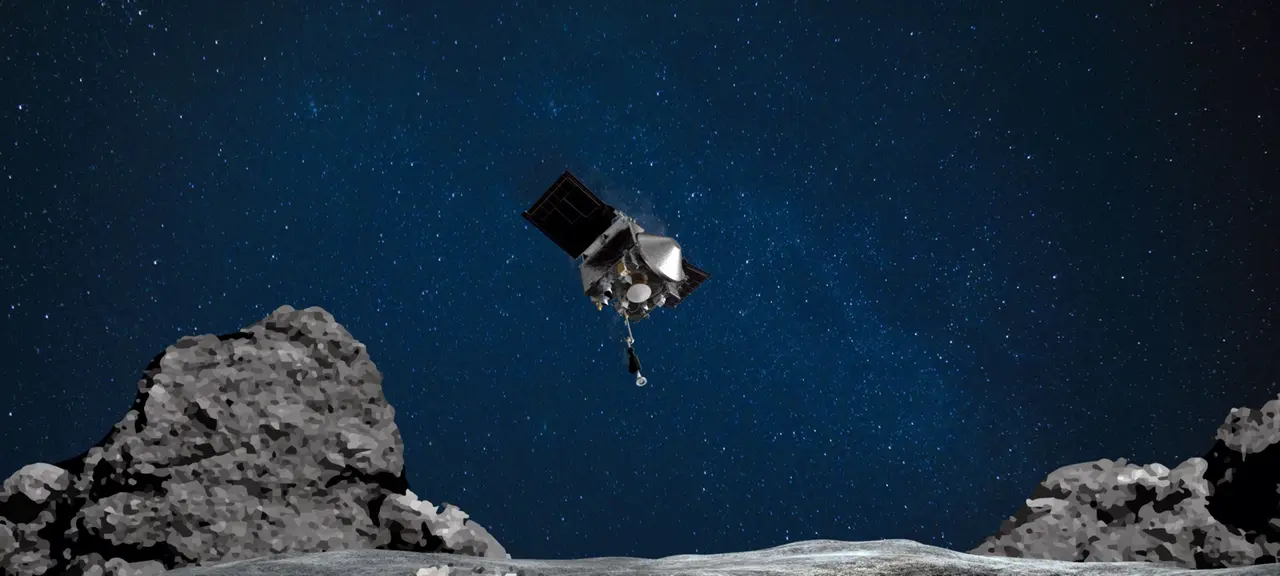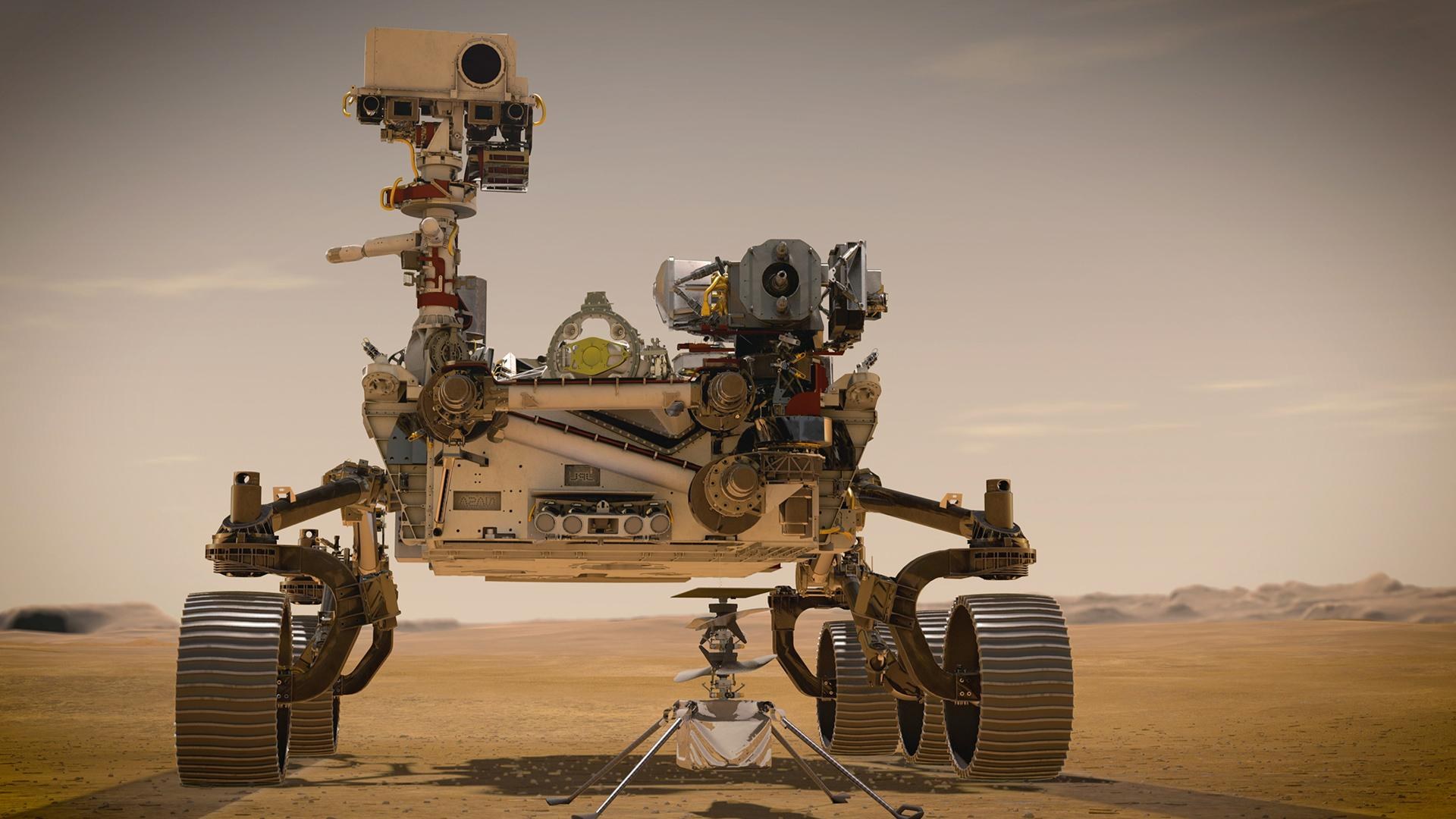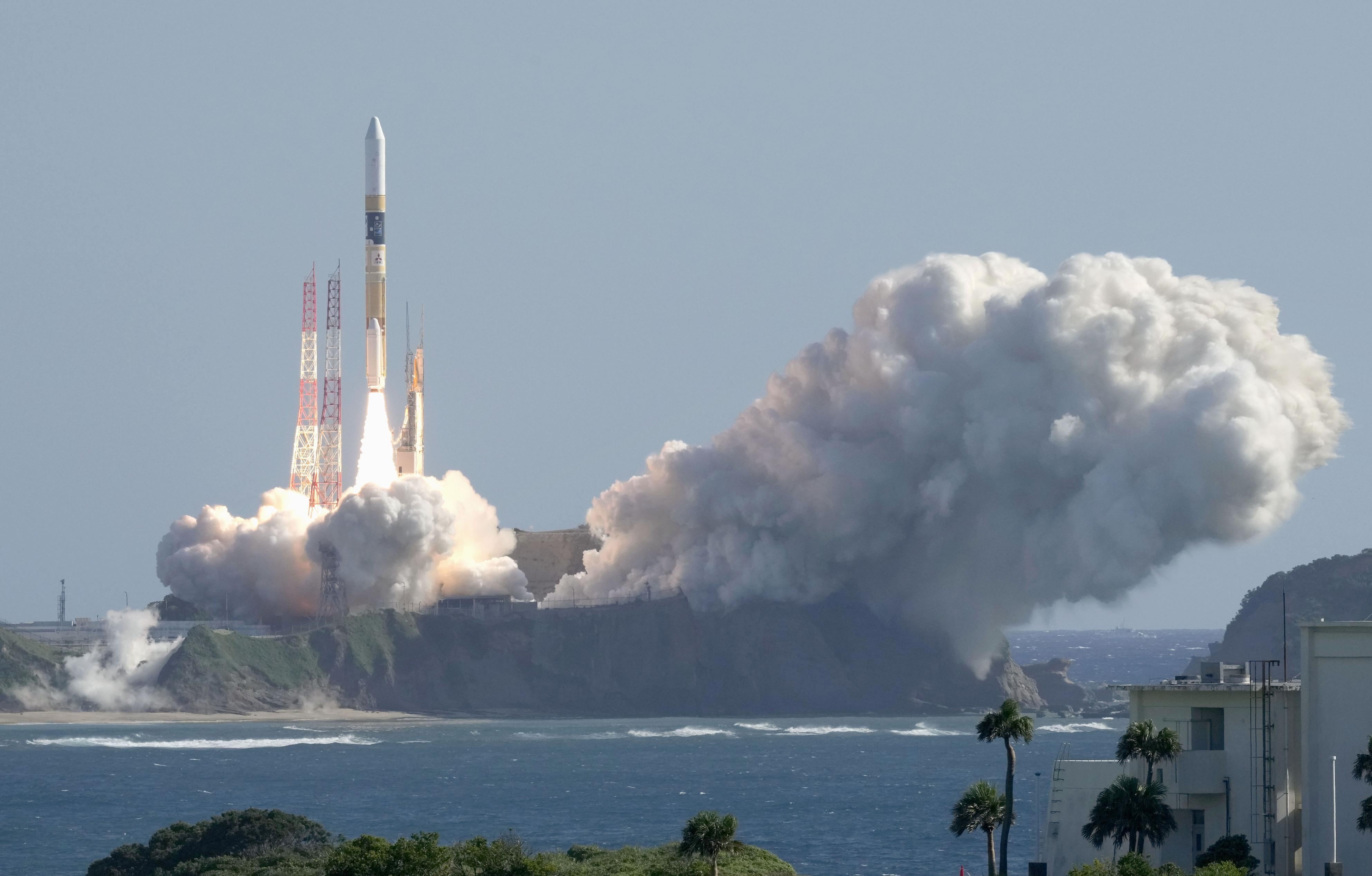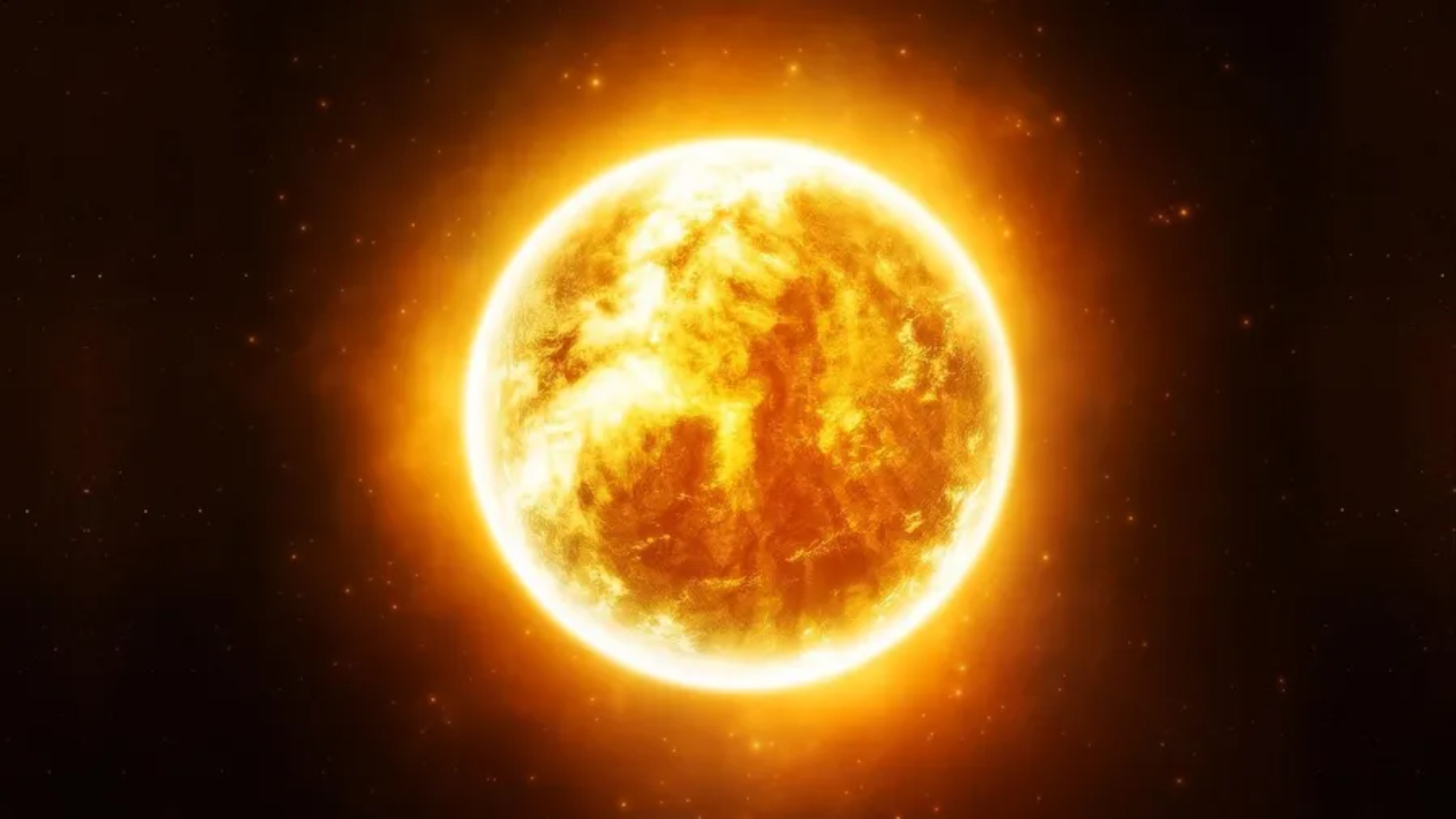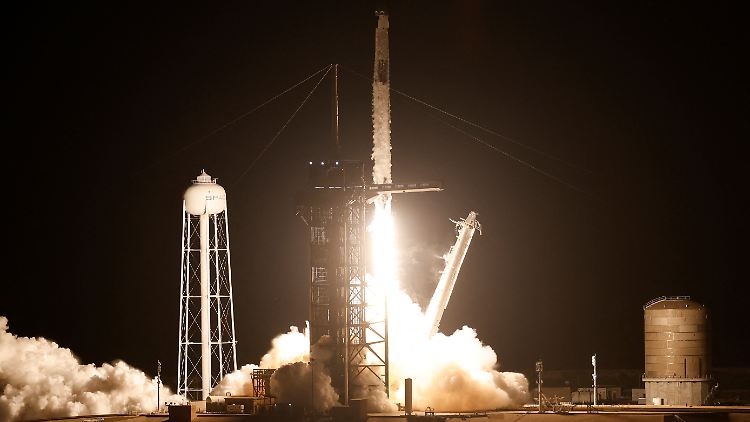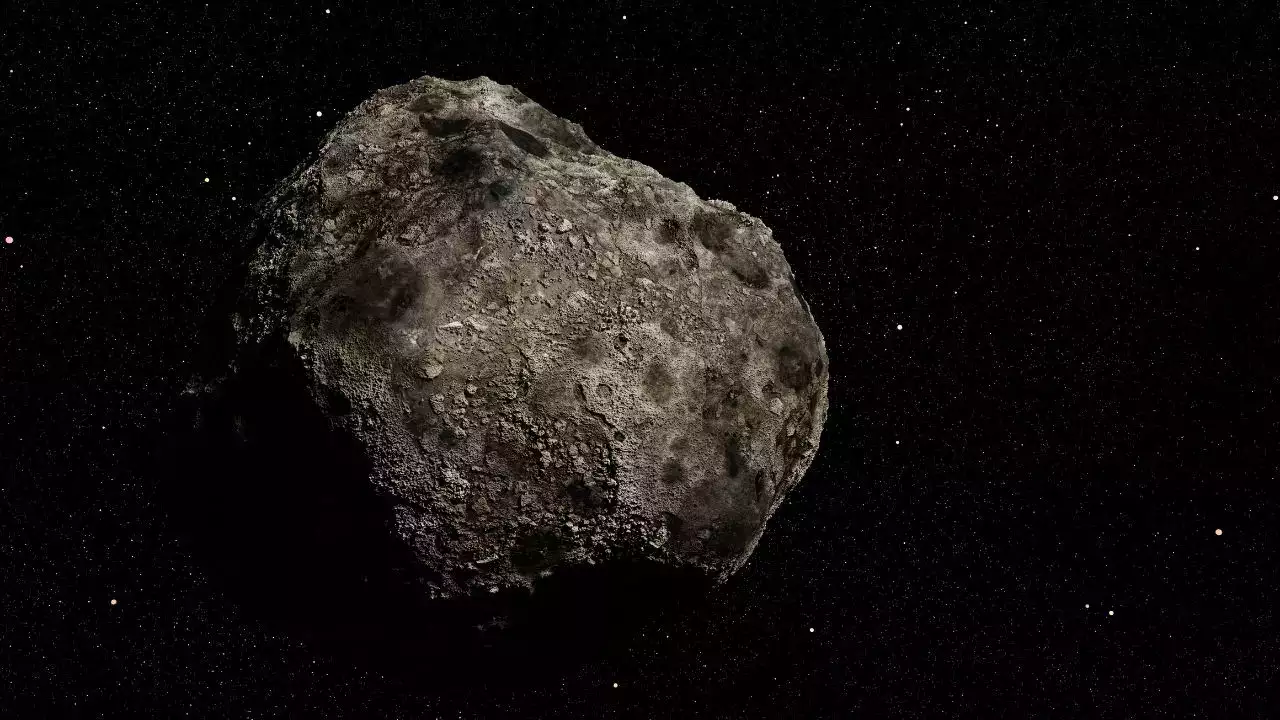
Houston - According to the US space agency NASA, a sample of rubble from asteroid Bennu, which was dropped to Earth approximately three weeks ago, contains traces of water and carbon. Initial investigations of the sample revealed these findings, but further in-depth analyses are still required, NASA announced during a press conference on Wednesday, where they also unveiled photos and videos of the sample for the first time. This marks the first successfully brought to Earth sample from an asteroid in the history of the US space agency, and it is the largest such sample ever collected.
Research like we've never seen before.
NASA Chief Bill Nelson referred to it as a "storybook mission." He mentioned that the sample will aid scientists worldwide in exploring the origins of life and our planet. He said, "There will be so much more research on this - research like we've never seen before." NASA Manager Makenzie Lystrup promised, "In the next few months and years, we will definitely rewrite a bit of history."
The sample was released from a capsule by NASA's "Osiris-Rex" spacecraft in September from an altitude of about 102,000 kilometers, landing safely in the desert of the US state of Utah, protected by a heat shield and slowed by parachutes. From there, it was transported to NASA laboratories in the US state of Texas, where approximately 200 scientists are now utilizing around 60 different research methods to analyze the material.
The material will be cataloged and then made accessible to researchers, museums, and scientists all over the world. About three years ago, "Osiris-Rex" collected the sample from the celestial body through a complex maneuver.
The sample consists of dust and rubble of various sizes, weighing approximately 250 grams, roughly the size of a butter packet, according to NASA. The agency had hoped to obtain at least 60 grams in advance. Unexpectedly, NASA scientists found additional material from asteroid Bennu on and inside the capsule, which is why the investigation initially took longer than planned.
NASA considers Bennu as one of the most hazardous asteroids.
"Osiris-Rex" launched from Cape Canaveral Space Launch Complex in September 2016 and arrived at Bennu approximately two years later. The pitch-black asteroid, named after an ancient Egyptian deity, has a diameter of about 550 meters and could come quite close to Earth in a little over 150 years.
Even though the risk of impact is very low, NASA considers Bennu as one of the most dangerous asteroids currently known and, therefore, aims to study it in great detail. Additionally, scientists hope that the approximately one billion dollar "Osiris-Rex" mission will provide insights into the formation of the solar system over 4.5 billion years ago, as asteroids like Bennu are remnants of that era.
In 2005, the Japanese spacecraft "Hayabusa" landed on an asteroid and, in 2010, it brought back the first-ever collected soil samples from such a celestial body to Earth. There have been additional missions to asteroids, but prior to "Osiris-Rex," no other spacecraft had returned material to Earth.
Meanwhile, NASA continues to place a significant focus on asteroids. The approximately six-meter-long and 2100-kilogram "Osiris-Rex" spacecraft, immediately after dropping off its sample, set course for the next asteroid, Apophis. Apophis, with a diameter of about 370 meters, is projected to pass by Earth in 2029 at a distance of roughly 32,000 kilometers. This close approach will allow for its exploration from up close for the first time. Additionally, this week, NASA's "Psyche" mission is set to launch, targeting the asteroid of the same name.


